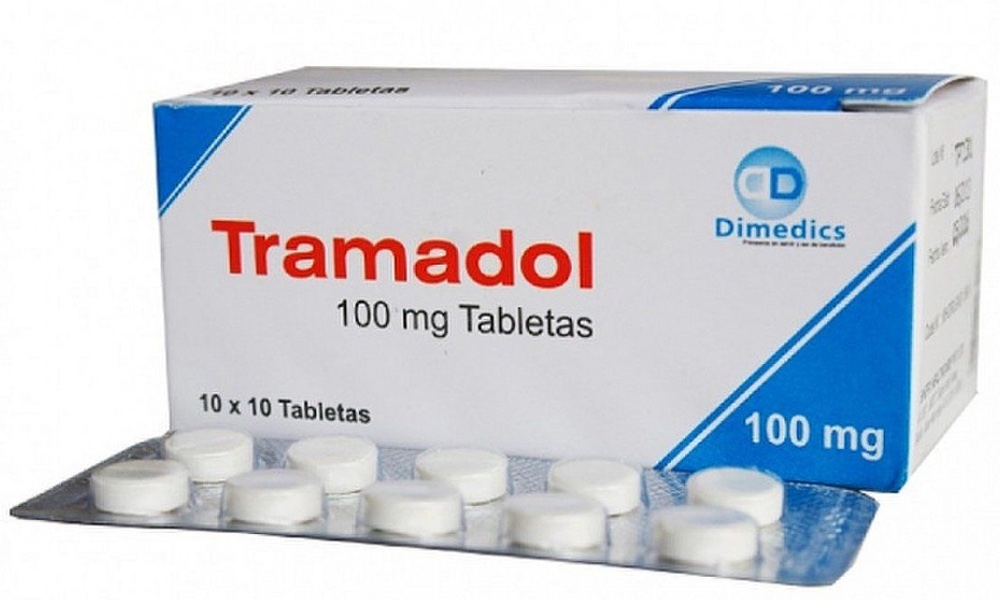A new study finds that treatment-resistant depression can be relieved by stimulation of the vagus nerve. But the study's most lasting result could be a change in how depression relief is measured.
The vagus nerve runs from the brain down to the stomach, and its branches connect with many major organs, including the heart and the lungs. Impulses from the vagus nerve tend to slow down processes such as heart rate and breathing.
Vagus nerve stimulation (VNS) was approved for use in treatment-resistant depression back in 2005, though it's not an especially common treatment. VNS uses a device similar to a pacemaker to send electrical impulses to the nerve.“I went from being basically catatonic to feeling little or no depression.”
Roughly half the patients continued with whatever depression treatment or treatments they were undergoing, while the other half had VNS added to their treatment or treatments. Participants were then followed for five years.
Typically, a depression treatment's effectiveness is measured by how much a person's depression scale score changes. But lead author, Charles R. Conway, of the Washington University School of Medicine in St. Louis, believes that may not be the best way to measure depression relief. He thinks the focus should be more on people's overall quality of life.
To measure quality of life, this study analyzed 14 different categories, including physical health, family relationships, ability to work and overall well-being.
“On about 10 of the 14 measures, those with vagus nerve stimulators did better,” Conway said. “For a person to be considered to have responded to a depression therapy, he or she needs to experience a 50 percent decline in his or her standard depression score. But we noticed, anecdotally, that some patients with stimulators reported they were feeling much better even though their scores were only dropping 34 to 40 percent.”
Conway believes that this improved ability to concentrate may also be key to the relief other patients get from vagus nerve stimulation.
“It improves alertness, and that can reduce anxiety,” he said. “And when a person feels more alert and more energetic and has a better capacity to carry out a daily routine, anxiety and depression levels decline.”
The open access study appears in the Journal of Clinical Psychology.





